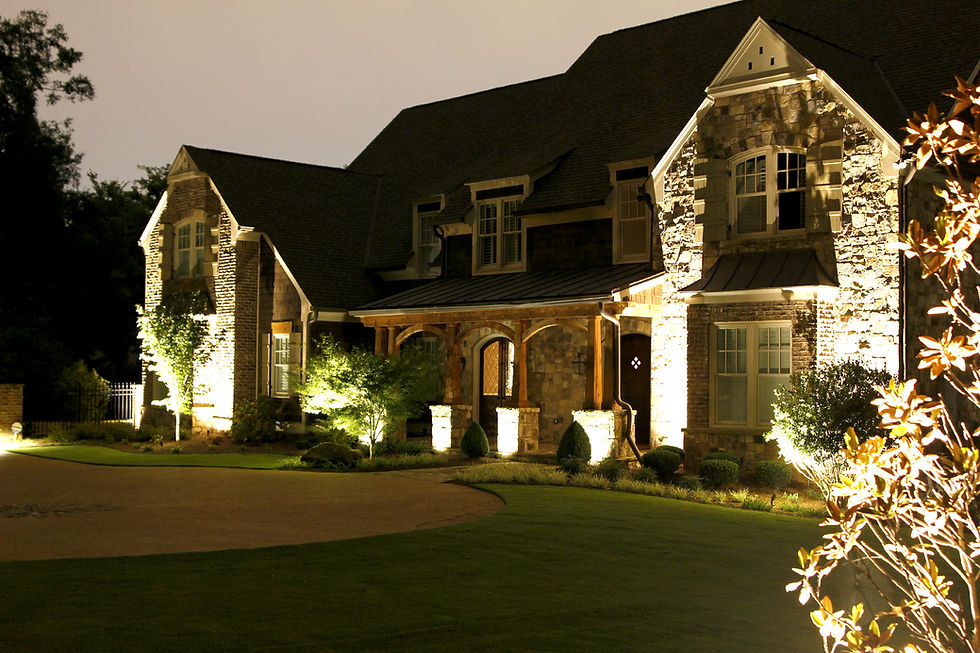Don't Let Your Sprinklers Freeze: Why Winterizing Your Irrigation System Matters
- Atlanta Pro Landscaping
- Jan 18, 2024
- 2 min read
As the weather gets colder, we start layering up to stay warm during winter. However, while enjoying cozy evenings, we often forget a crucial task: preparing our irrigation system for winter.
It might be tempting to skip this, but neglecting your sprinklers can lead to more than just a chilly surprise come spring.

The ugly truth about skipped winterization
The biggest risk of not winterizing is the possibility of pipes freezing and causing severe damage. When water turns into ice, it expands, putting intense pressure on the narrow walls of irrigation tubing. This pressure can result in cracked or burst pipes, leading to a messy situation and a costly repair bill in the spring.
The trouble doesn't end there. Frozen water can also cause problems for sprinkler heads, valves, and backflow devices, requiring significant repairs or even a complete system replacement. Also, there's the added concern of potential flooding if a pipe bursts close to your home's foundation.
Hidden costs of skipping winterization
Not winterizing your system will cause the pipes to burst due to freezing. By spring, you'll be left to deal with the financial cost. Worse, your sprinklers won't see early action, and the green will suffer at a time when they should be blooming beautifully.
On top of that, leaks and malfunctions can waste water, hitting you with higher utility bills and putting more strain on the environment.
How to winterize your irrigation system
To winterize your irrigation system:
Insulate the system
The first step is to shut off the water supply to the irrigation system and insulate it with a plastic bag or foam insulation tape to keep it from freezing.
Shut down the timer
For automatic systems, you’ll have to shut down the timer. Most controllers have a "rain-mode" which simply shuts off the signals to the valves without impacting its timing programming.
If your controller is responsible for activating a pump, it’s wise to remove the wires linked to the MV (Master Valve) and common terminals to prevent accident reactivation of the pump and subsequent damage from overheating.
Drain your pipes
The next step is to eliminate the water from the sprinklers and pipes so they don’t freeze and break the piper. You can do this manually or use an automatic drain valve or the compressed air blow-out technique.
Protect valves and backflow preventers
If your valves and backflow preventers aren’t underground, protect them using insulation tape. Be careful not to block the air vents and drain outlets on backflow preventers.
Why professional winterization is worth it
Taking care of your irrigation system isn't just about protecting your property and future gardening joy; it's actually an investment.
When you hire a pro to winterize your system, you ensure a thorough job that minimizes the risk of damage and expensive repairs. These experts have the skills and tools to drain all the water, blow out any lingering moisture with compressed air, and add anti-freeze solutions for extra protection.
Get professional irrigation system winterization in the Atlanta Metro Area
Don't let your irrigation system suffer as the days get shorter and frost sets in. Make winterization a priority, and you can relax, knowing your sprinklers will be ready to work effectively come spring. If you are in the Atlanta Metro Area, contact us today for help.




